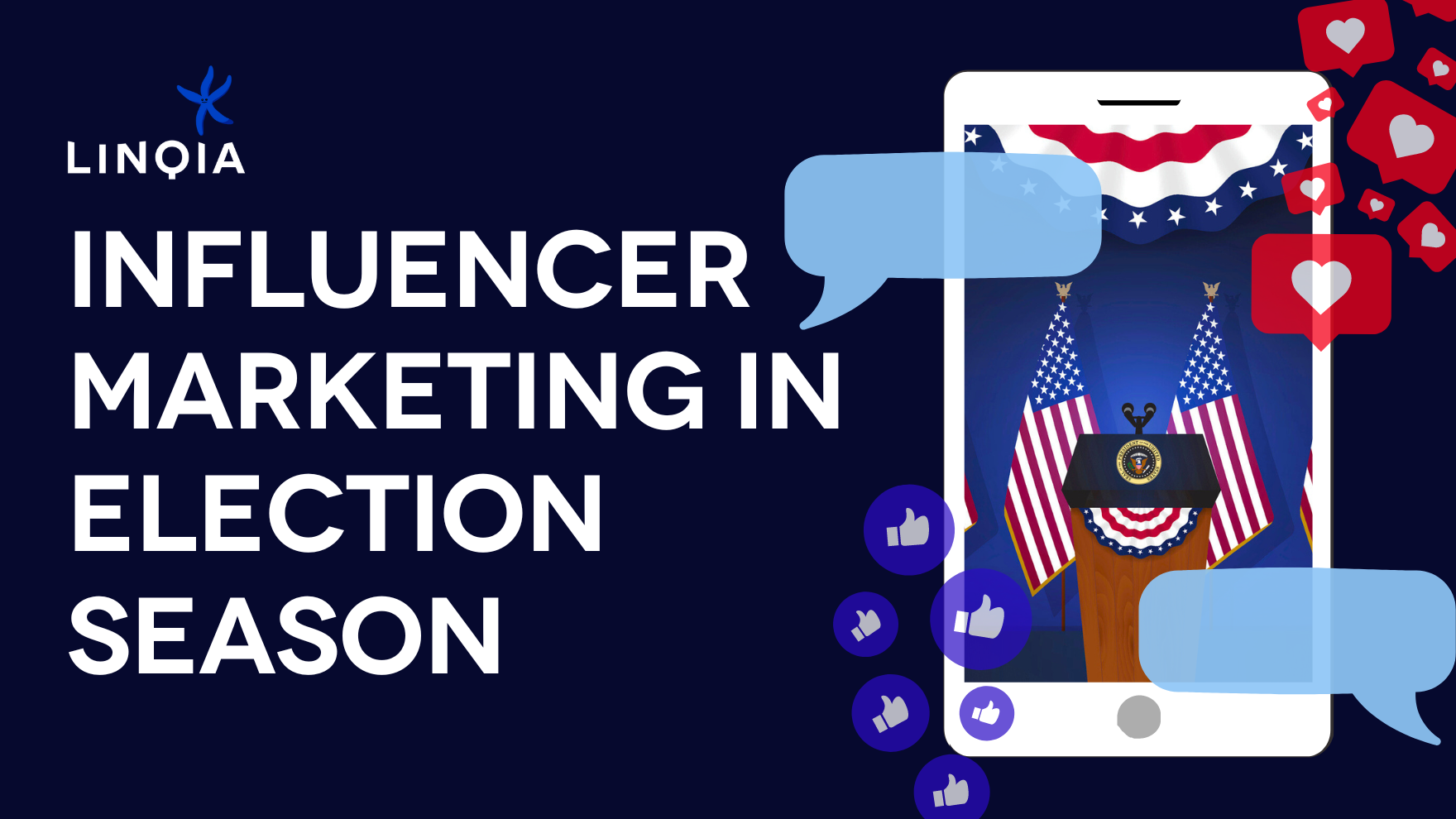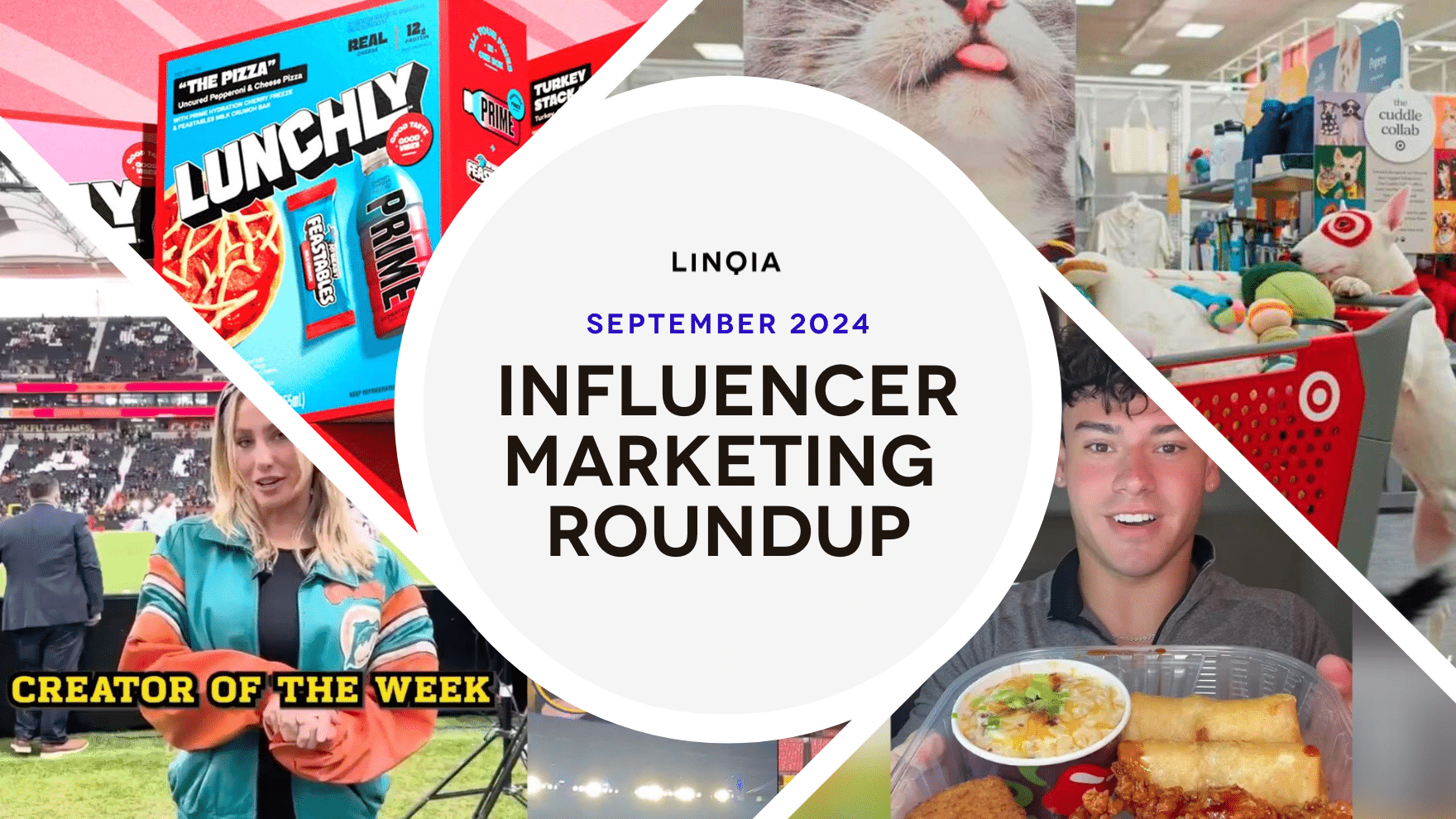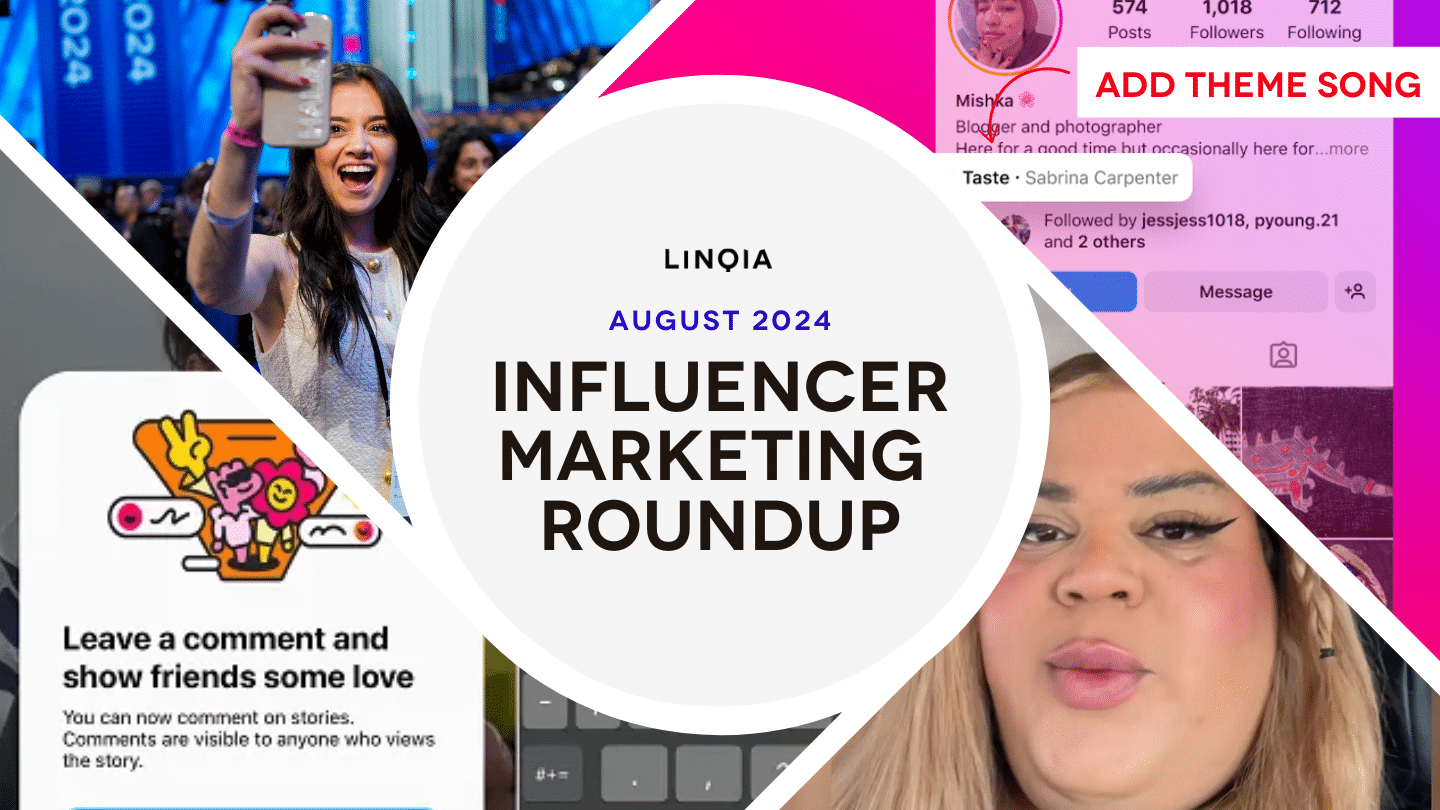Note: This article first appeared in Adweek’s SocialTimes.
According to Millennial Branding, a stunning 97 percent of millennials today don’t turn to TV news or magazines to influence their purchasing decisions, which doesn’t bode well for the ads that support them.
As a result, more and more brands are turning to influencer marketing to establish meaningful connections with their target audiences. It’s no surprise that 75 percent of brands are currently using influencer marketing in some capacity.
But the reason why influencer marketing is so effective is because of the original, authentic stories that influencers tell their audiences about a brand’s product or service. Naturally, brands in heavily regulated industries require the ability to review those stories before they are published to ensure compliance with the law. But for brands that are not in highly regulated industries, it’s important to realize the benefits of loosening the reigns when it comes to influencer-generated content.
Influencer marketing is most effective when the influencers produce sponsored content in the same style that made them successful in the first place—engaging and trustworthy stories, opinions and reviews. This content is valuable because it has been proven to establish a meaningful emotional connection with people, ultimately influencing them to take action. If a brand is too “hands-on,” it is easy for the content to lose its authentic tone and feel, making it just as ineffective as traditional advertising.
Brands should keep these three things in mind when it comes to influencer-generated content:
- Influencers are not public-relations agencies:Influencers write in their own style and tone, and their audiences expect and respond to this style (after all, they wouldn’t have an audience if they weren’t effective). Approving content often forces influencers to write in the brand’s voice, rather than their own, and audiences can smell this a mile away. If brands want their sponsored content to truly blend with the rest of the influencers’ content, trust the influencers to present the message or product in a manner that will resonate with, not turn off, their audiences.
- Write the rules early: What should be scrutinized is the quality of the influencers themselves, ideally long before they are recruited to be a part of a specific program. If brands lack the time or resources to manage this in-house, they can partner with an influencer marketing platform to carefully evaluate and select influencers for each program based on the specific objectives of the program. This way, brands can write a program brief for what influencers can’t say early on, leaving them with the confidence that only the most relevant, qualified influencers will generate stories in accordance with those rules.
- Timing is everything: Influencer marketing moves at the speed of culture, and any content-approval process will slow down the program and lessen its impact. Learn a lesson from legal approvals, which have been perilous for the timeliness in many newsrooms, as they kill the ability to respond to current events in a timely manner. In similar fashion, approving content can delay programs by weeks, causing the brands to lose momentum or lapse in timing with other marketing initiatives. Imagine the effects on a holiday program sent days before Christmas rather than immediately after Thanksgiving. Quick activation is a huge benefit to influencer marketing programs, and a time-consuming approval requirement can negate it.
Stringent content approval requirements have the potential to lessen the effectiveness of influencer marketing programs. For brands in unregulated industries, bypassing these requirements can save significant amounts of time and effort. Many brands opt to work with influencer marketing platforms with real-time technology that enables immediate detection and rectification of any content issues (influencers are human, after all!). Any solid influencer network or platform can quickly identify off-brand content and have it taken down or adjusted within minutes.
If the influencer program is managed using the tips above, approvals aren’t necessary for the creation of great content about your brand. In fact, Linqia campaigns that don’t require content approval have a customer renewal rate of 93 percent because they deliver such strong results. Trust the influencers to tell the stories their way and you will see significant returns on this trust investment.




